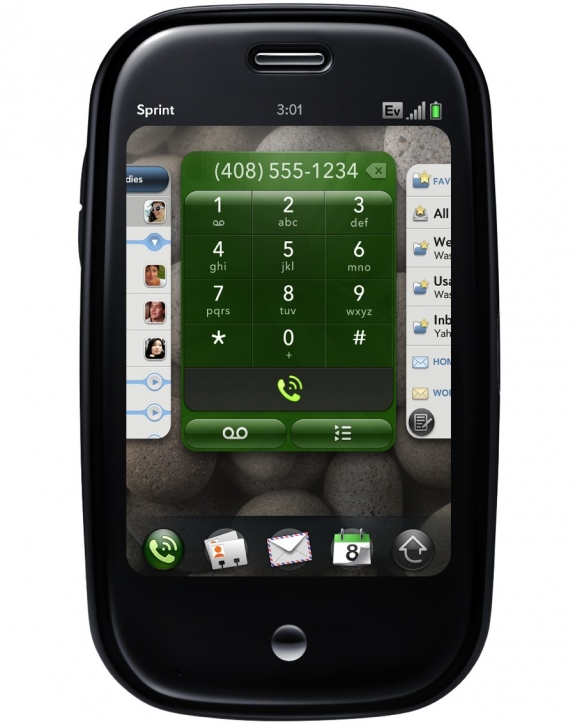BUSINESSES ON LIFE SUPPORT
BLOCKBUSTER VIDEO
 Make no bones about it, the former king of video rentals is on life support. BLOCKBUSTER’S shares are trading under 30 cents per share and the firm is riddled with over $963 million in debt. The company’s biggest problem is that it stubbornly held on to a business model that no longer works. BLOCKBUSTER rose to prominence by renting videos and DVDs to customers from its traditional brick and mortar stores, but that practice went out with the new millennium. Netflix became the new king of movie rentals with its DVD by mail and video streaming strategy, while other businesses such as Redbox quickly gained favor among consumers with its $1 DVD rentals from kiosks set up at fast food chains and grocery stores. Arriving late to the game, BLOCKBUSTER is now trying to overhaul its business by adopting a DVD rental kiosk model and offering mobile movies via smartphone. But having now fallen so far behind in the race and now saddled with an enormous debt, these changes may be too little, too late.
Make no bones about it, the former king of video rentals is on life support. BLOCKBUSTER’S shares are trading under 30 cents per share and the firm is riddled with over $963 million in debt. The company’s biggest problem is that it stubbornly held on to a business model that no longer works. BLOCKBUSTER rose to prominence by renting videos and DVDs to customers from its traditional brick and mortar stores, but that practice went out with the new millennium. Netflix became the new king of movie rentals with its DVD by mail and video streaming strategy, while other businesses such as Redbox quickly gained favor among consumers with its $1 DVD rentals from kiosks set up at fast food chains and grocery stores. Arriving late to the game, BLOCKBUSTER is now trying to overhaul its business by adopting a DVD rental kiosk model and offering mobile movies via smartphone. But having now fallen so far behind in the race and now saddled with an enormous debt, these changes may be too little, too late.
PALM
 Originally known for its successful Palm Pilot and Treo model of mobile phones, PALM stuck to an outdated operating system and design until the 11th hour. When they did eventually update their system and design, PALM placed high hopes on the Pre and Pixi Plus to lead its resurgence back to the top of the smartphone market. Unfortunately for PALM, these two “iPhone like” smartphones have failed to deliver. Although the initial response was good, PALM has been unable to sustain its momentum, reporting a net loss of $102 million last quarter.
Originally known for its successful Palm Pilot and Treo model of mobile phones, PALM stuck to an outdated operating system and design until the 11th hour. When they did eventually update their system and design, PALM placed high hopes on the Pre and Pixi Plus to lead its resurgence back to the top of the smartphone market. Unfortunately for PALM, these two “iPhone like” smartphones have failed to deliver. Although the initial response was good, PALM has been unable to sustain its momentum, reporting a net loss of $102 million last quarter.
PALM has found it increasingly difficult to compete in the crowded smartphone market with the Apple iPhone and the Research in Motion Blackberry, as it has been forced to cut the cost of its phone models to a near zero profit. Some Wall Street analysts have valued the smartphone marker’s shares as worthless and are speculating on a PALM bankruptcy. So, what can PALM do to survive? PALM’S best chances at a turnaround may be for a larger industry player like Nokia or Motorola to buy them out. PALM is bleeding cash at an alarming rate and would likely need a technology company with deep pockets to keep them afloat.
BORDERS BOOKS
Last week, Apple introduced the new iPad, which may have put the final nail in the coffin of the printed book. Let’s face it, the printed book market is dwindling and should be non-existent within the next few years. BORDERS is the second-largest bookstore chain in the U.S. behind Barnes & Noble. But unfortunately for these companies, bookstore chains are going the way of the dinosaur with Amazon digitizing books for its Kindle and Apple doing the same for its iPad. BORDERS is reportedly developing a Kobo e-book reader to try and compete, but arriving so late in the game they may be living on borrowed time.
 How troubled is BORDERS? The company’s stock currently sells for under $2 dollars a share. BORDERS had to repay a $42.5 million dollar loan on April 1st, and still faces a $360 million dollar note payment in July 2011. Perhaps most damning was when the company’s CEO recently left to take a job at a supermarket chain. If that’s not a sign of imminent trouble then I don’t know what is. BORDERS best hope for long-term survival may be to hope for an acquisition by a larger chain like Barnes & Noble. Otherwise, their days are almost certainly numbered.
How troubled is BORDERS? The company’s stock currently sells for under $2 dollars a share. BORDERS had to repay a $42.5 million dollar loan on April 1st, and still faces a $360 million dollar note payment in July 2011. Perhaps most damning was when the company’s CEO recently left to take a job at a supermarket chain. If that’s not a sign of imminent trouble then I don’t know what is. BORDERS best hope for long-term survival may be to hope for an acquisition by a larger chain like Barnes & Noble. Otherwise, their days are almost certainly numbered.





